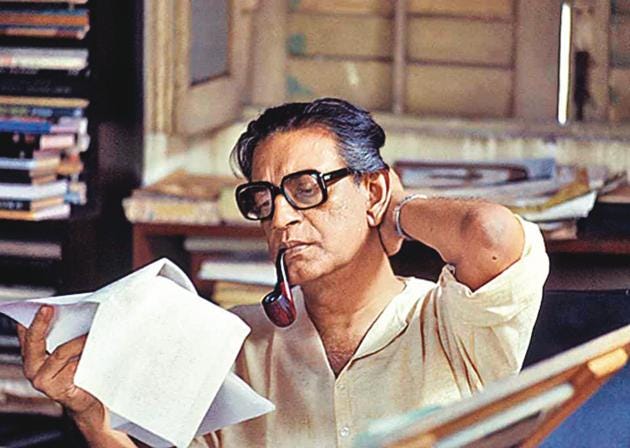Author feature of the week - Satyajit Ray
The only solutions that are ever worth anything are the solutions that people find themselves.
Born on the 2nd of May 1921 (Kolkata) Satyajit Ray was a creative genius. He’s one of the most revered and distinguished, Indian film director, scriptwriter, documentary filmmaker, author, essayist, lyricist, magazine editor, illustrator, calligrapher, and music composer.
One of the greatest filmmakers of the 20th century, Ray brought Indian cinema to world recognition with Pather Panchali (1955; The Song of the Road) and its two sequels, known as the Apu Trilogy. It was both a commercial and a tremendous critical success despite the odds of working with limited finance and mostly unpaid, inexperienced crew.
Ray was known for humanism and universality in his work. His presentation used to be deceptively simple with deep underlying complexity. He was very passionate about whatever he produced and many of his films were based on his own stories!
He wrote, drew sketches, acted behind the camera (to teach newcomers), weaved his lyrics with rhymes, and did all you would think with the same enthusiasm and desire.
Let’s get some idea of his worldwide acclaim and legacy by the following mentions, Japanese director Akira Kurosawa once said,
"Not to have seen the cinema of Ray means existing in the world without seeing the sun or the moon."
Ray is our nation’s cultural icon and also for Bengali communities all around the globe. When he died, the city of Calcutta came to a virtual standstill, as hundreds of thousands of people gathered around his house to pay their last respects.
You might have heard great stories of Ray’s filmmaking and writing and how his work made the world bow, but here is your chance to know about his musical compose too. Ray created music in all his films fusing Indian (both North Indian and South Indian) classical, western classical, and folk music from many parts of India, culminating in some distinctive Ray signature tunes.
Satyajit’s creative uniqueness had no secret, it was inherent; he was born with it. His ‘easy-to-get’ words carried beautifully layered meanings which always reflected his brilliance.
Last, but not least — in fact, this is most important — you need a happy ending. However, if you can create tragic situations and jerk a few tears before the happy ending, it will work much better.





Awesome work